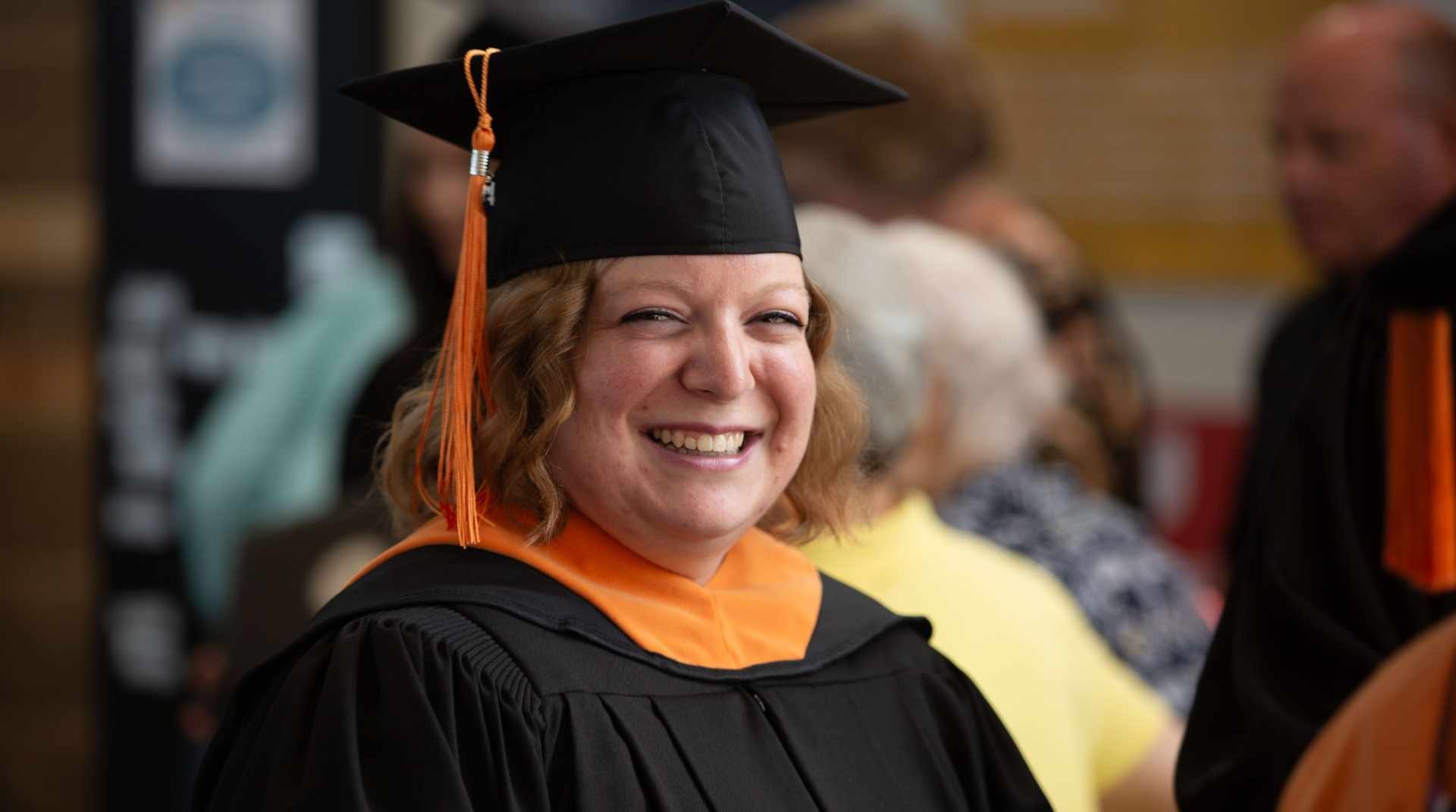 A care coordinator provides an essential service to patients and their families.
A care coordinator provides an essential service to patients and their families.
Healthcare is ever-evolving, with many moving parts to ensure patients' needs are met. Because a patient can have multiple healthcare workers, a care coordinator is needed to be a liaison between all of the moving parts.
Care coordination helps transition patients from inpatient stay to a discharge setting, safely. This job is rewarding and challenging, and the pathway to a career in care coordination is offered at Nebraska Methodist College (NMC).
Registered nurses can earn their Master of Science in Nursing (MSN) as a care coordinator. This track within the MSN program teaches evidence-based rationale, leadership principles and skills as a patient advocate and educator.
Our MSN in care coordination is competency-based and shaped by industry leaders to examine the evolution of the field, its importance in population health, emerging healthcare models and care coordination structure and leadership. If you wish to positively influence the health and well-being of your community, read on to learn more about the program at NMC as well as what a care coordinator does.
What is a care coordinator?
A nurse care coordinator is the bridge between public and population health and healthcare systems. They work to improve health outcomes for those with complex diseases across the lifespan, from birth to death. This MSN track embodies the mission of NMC in educating nurses to improve quality care within communities.
Care coordinators play many different roles and are also called patient navigators, transition managers or patient care facilitators. Care coordinators collaborate with the healthcare teams to help understand trajectories of patients' conditions and provide support. This can also include ensuring they have the supplies needed at home as well as support from family or friends to assist.
Our nurses are educated in the knowledge and skills required to effectively coordinate the care of patients, families and communities. Care coordinators provide emotional and supportive care as well as information and education while assisting in the navigation of healthcare systems.

What will you learn in the MSN Care Coordinator program?
Nurses in the program will be prepared to determine efficient and effective care coordination approaches and lead their implementation. Core competencies and skills in the MSN Care Coordinator program at NMC include:
- Advocacy.
- Education and engagement of patients and families.
- Coaching and counseling of patients and families.
- Patient-centered care planning.
- Support for self-management.
- Nursing processes.
- Teamwork and collaboration.
- Cross-setting communications and care transitions.
- Population health management.
Graduates get the support they need to be successful in the program so they can effectively coordinate the care of patients, families and communities.
“My experience with the NMC faculty has been the best. They truly care and get to know you as an individual. The faculty is available when you need them and make time to help you. I went through some difficult times while getting my MSN and the faculty were all supportive, understanding and accommodating." - Emily Seevers, Master of Science in Nursing Care Coordinator graduate and clinic health coach with Methodist Physicians Clinic
What jobs can I get with a degree in care coordination?
Nurses who have an MSN in care coordination can work in many different environments, including hospitals, clinics, home health, emergency rooms and long-term care facilities.
Care coordinators are needed as the healthcare industry changes and becomes more complex.
More patients need guidance and navigation, so that's where care coordinators come in. Other jobs nurses with an MSN in Care Coordination are:
- Patient navigators.
- Transition managers.
- Patient care facilitators.
- Patient/nurse advocates.
- Nurse case managers.
- Managed care nurses.
- Health coaches.
What are the benefits of the MSN Care Coordinator program?
The MSN Care Coordinator program is offered 100% online to suit students' busy lives and extracurricular commitments.
There is no GRE required for admission, and the curriculum provides the necessary skills to advance careers. The program can be completed in 21 months.
Once the program is completed, graduates may be eligible for the Care Coordination and Transition Management (CCCTM) certification exam. Students can access courses and materials at any time. Courses for the program are five to 10 weeks long, with one week off before the start of the next course.
Applicants must have a Bachelor of Science in Nursing (BSN) from a state-approved program of nursing or a program professionally accredited by NLN CNEA, CCNE or ACEN.
If you want to explore the exciting, rewarding career in care coordination, apply today and advance your education and career.
